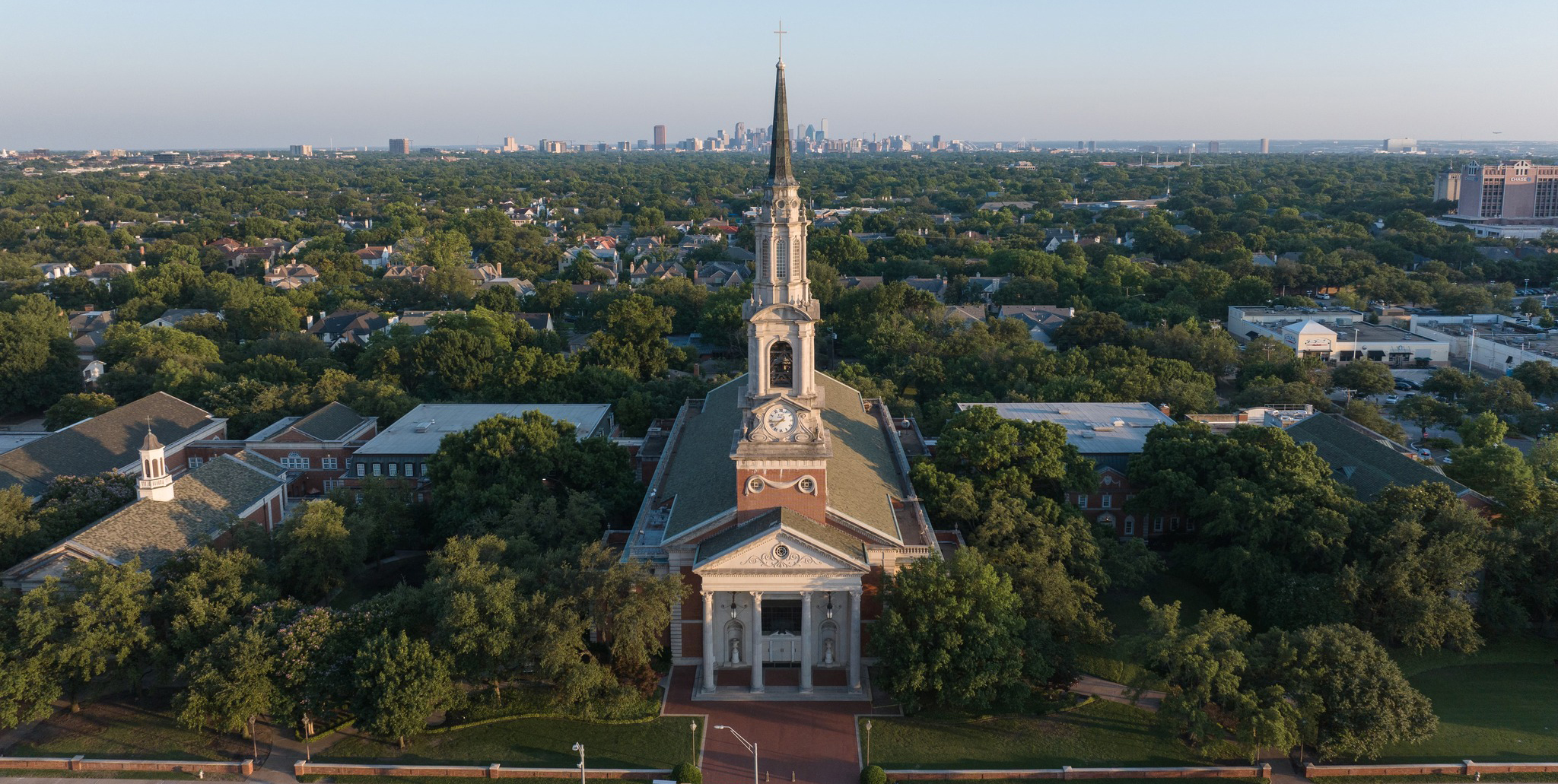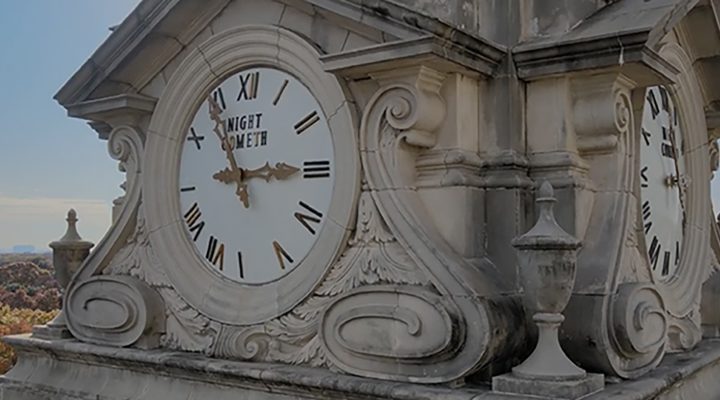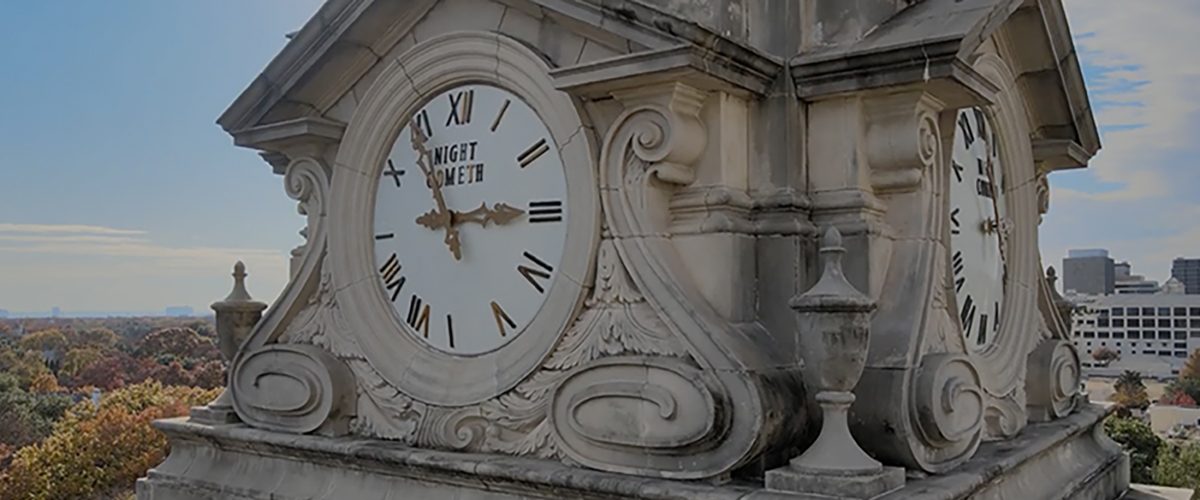Note: This story was updated Oct. 29 with additional comments from church leaders.
One of the most prominent Baptist churches in Texas quietly quit the Southern Baptist Convention Oct. 27 — part of an unnoticed trend that’s hard to document on a national level.
While updating its bylaws, Park Cities Baptist Church in Dallas removed reference to its affiliation with the SBC. The tall-steeple church had been nominally aligned with the national denomination for the last two decades, mainly supporting its mission organizations but not its other core programs.
But in 1939, the church was founded expressly as an SBC congregation.
“After months of study, a church task force recommended that the church withdraw from the Southern Baptist Convention,” explained an email sent to the congregation in preparation for the vote. “PCBC’s relationship with the SBC has been very attenuated for more than two decades, and our financial support has been extremely modest. In light of continuing changes within the SBC, the task force recommended that PCBC graciously withdraw, we reaffirm our support for Texas Baptists, and that church committees continue to consider any appropriate ways to cooperate with the SBC.”
“In light of continuing changes within the SBC, the task force recommended that PCBC graciously withdraw.”
“Texas Baptists” is a reference to the Baptist General Convention of Texas, the state Baptist convention based in Dallas.
In the case of Park Cities Baptist, quitting the SBC required a constitutional amendment. Article III of the church constitution and bylaws said: “Insofar as is practical, this church will cooperate with and support the Dallas Baptist Association, and the Baptist General Convention of Texas and the Southern Baptist Convention.”
The amendment approved by a strong majority of church members Oct. 27 struck the SBC from that sentence.
In a post-vote email to the congregation, three church leaders including Pastor Jeff Warren explained: “The SBC Task Force, which studied these matters for more than nine months, outlined the various issues that led them to recommend this course of action. Although there were multiple matters raised, the concern for the autonomy of the local church and the desire to determine the timing and grace of any separation from the SBC were of paramount importance. As part of the motion to withdraw, the church affirmed that we are a God-glorifying, gospel-centered, Bible-believing, theologically conservative Baptist church and that we have not changed our doctrine or beliefs. We also reaffirmed our commitment to Texas Baptists and our engagement with our state convention in its missions and ministries.”
Since the “conservative resurgence” launched in 1979, Southern Baptist churches in Texas have split at least four ways:
- Some churches — the vast majority — made no change at all. They remain affiliated with the BGCT and SBC as always.
- Some of the most conservative churches left the BGCT in 1998 when an alternative state convention — the Southern Baptists of Texas Convention — was formed. In doing so, they signaled their support for the new more conservative direction of the SBC.
- The most moderate to progressive churches left the SBC but often remained affiliated with the BGCT while joining the Cooperative Baptist Fellowship and/or the Alliance of Baptists for national representation.
- The fourth group dropped their affiliation with the SBC but did not affiliate with CBF or the Alliance, instead seeing the BGCT as their primary denominational entity.
It is in this fourth category that Park Cities Baptist Church now falls. Although in the early days of CBF, Park Cities and its leadership were involved in CBF life, that changed over time as the affluent North Dallas congregation effectively dropped all denominational identity beyond the state convention.

Park Cities Baptist Church aerial view (Photo: Park Cities Baptist Church via Facebook)
Park Cities is far from alone in doing this. In answer to a question posed by BNG, a representative for the BGCT explained that only 64% of churches that gave financial support to the BGCT last year also gave to the SBC Cooperative Program, SBC Annie Armstrong Offering or SBC Lottie Moon Offering.
That means at least 36% of BGCT churches could be classified as “Texas only” churches in their missions giving. The practical number is likely much higher, however, because of the number of BGCT churches that gave to the SBC’s two special missions offerings but not to the denomination itself.
That was the case for Park Cities Baptist, which in 2023 gave $146,468 to the BGCT, nothing to the SBC Cooperative Program, and $65,000 to the Annie Armstrong Offering and $72,000 to the Lottie Moon Offering.
In BNG’s analysis of 3,100 churches that gave money to the BGCT last year, 1,697 — more than half — gave nothing to the SBC Cooperative Program through the BGCT. That may not mean they didn’t support the SBC directly but it does mean they have abandoned the longstanding traditional pattern of giving to the national convention through the state convention.
And like Park Cities Baptist, some of those churches that did not give to the SBC Cooperative Program through the BGCT did give to the Annie Armstrong and/or Lottie Moon offerings through the BGCT.
In days of yore, Park Cities Baptist Church was closely identified with the SBC and produced notable leaders.
James Pleitz, the church’s pastor from 1977 to 1993, served on the board of Southern Baptist Theological Seminary, was president of the SBC Pastors’ Conference and chairman of the SBC Executive Committee and president of the SBC Radio and Television Commission.
For decades, the church has counted among its membership leaders of both Southern Baptist and Texas Baptist institutions. After Russell Dilday was fired as president at Southwestern Baptist Theological Seminary in Fort Worth, he and his wife moved to Dallas and joined Park Cities, where they remained members until their deaths.
Park Cities Baptist Church was founded in 1939 and is situated on the edge of two affluent Dallas neighborhoods, Highland Park and University Park, which together are known by locals as “the Park cities.”
The church building is visible from miles away — including on takeoff and landing patterns from nearby Dallas Love Field — because of its massive 100-foot-tall steeple with clock tower and 28-bell carillon.
Related articles:
Where will churches leaving the SBC go? | Analysis by Mark Wingfield
The Sunday we left the Southern Baptist Convention | Opinion by Jim Somerville
Rick Warren outlines five reasons Saddleback will challenge its expulsion from SBC


